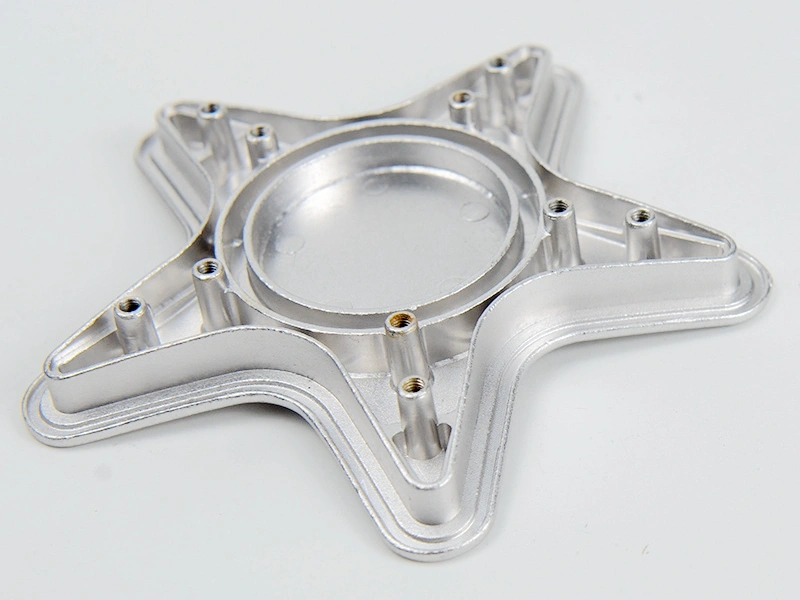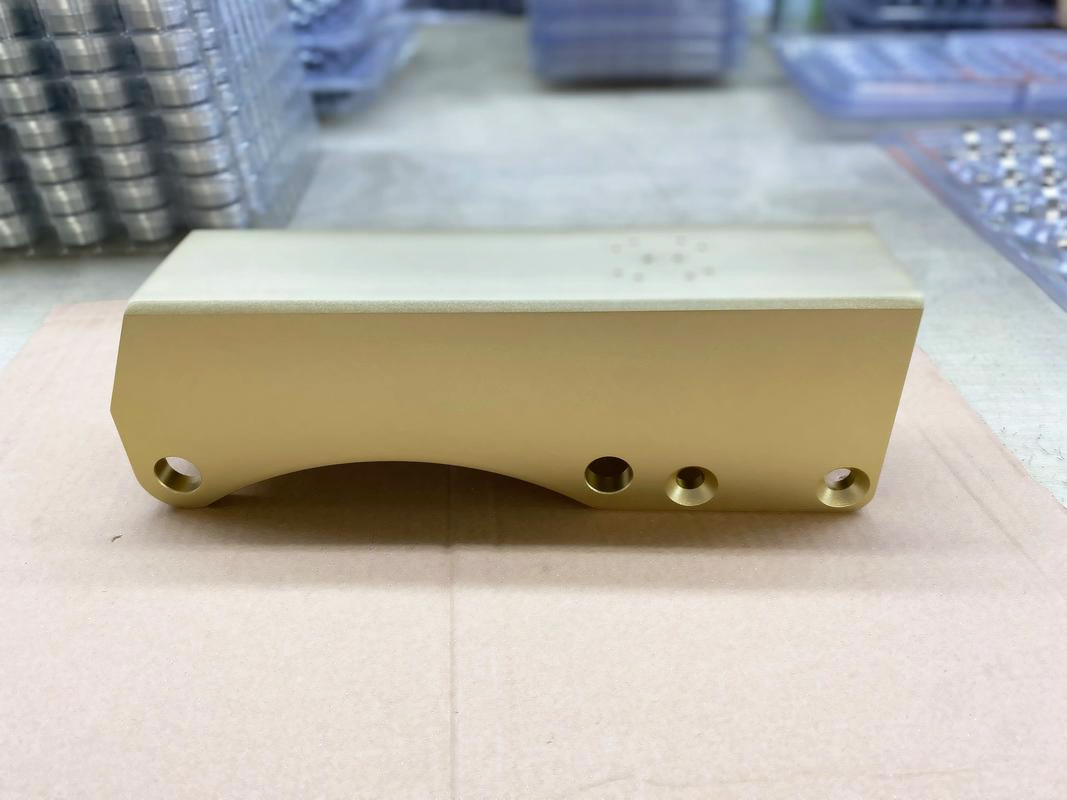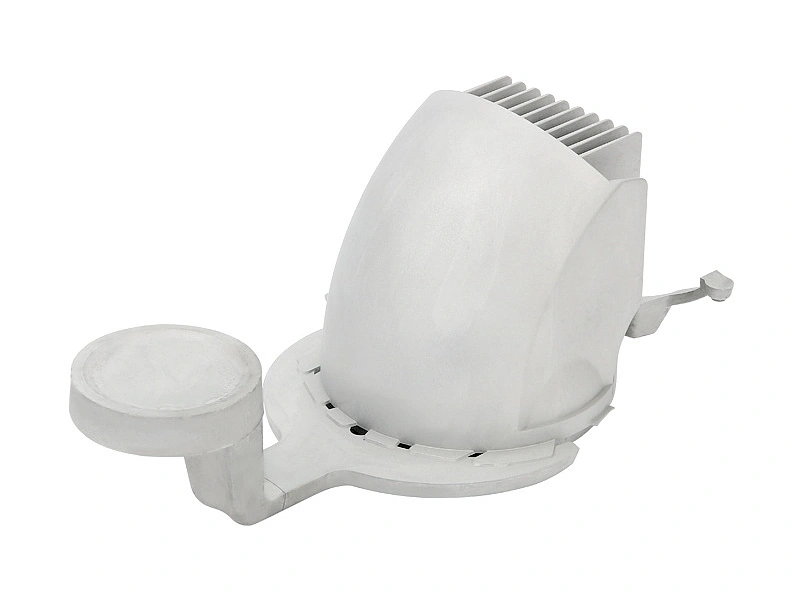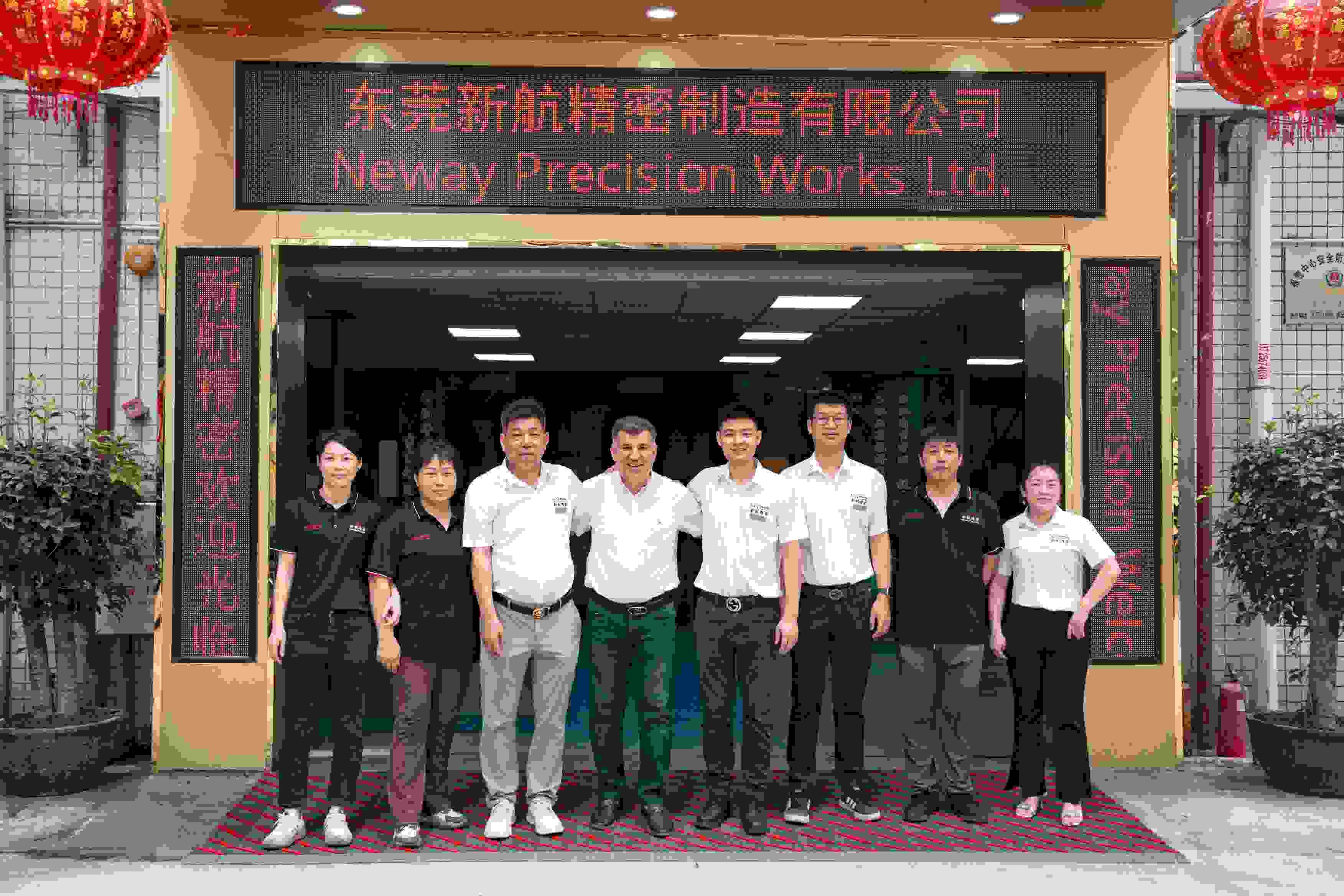Are aluminum casings suitable for sterilization and cleaning agents?
Are Aluminum Casings Suitable for Sterilization and Cleaning Agents?
Compatibility of Aluminum with Sterilization Methods
Aluminum die cast casings are commonly used in medical, laboratory, and industrial devices that require regular cleaning and disinfection. Alloys such as A360, A380, and ADC12 are suitable for non-autoclave sterilization methods when treated with proper finishing processes.
However, the base aluminum surface is reactive to strong alkaline or acidic cleaning agents, which can lead to corrosion or pitting. Therefore, surface treatment is essential to ensure compatibility with harsh cleaning environments.
Resistance to Cleaning Agents
Untreated aluminum can degrade in the presence of:
Sodium hydroxide (alkaline detergents)
Hydrogen peroxide and peracetic acid (oxidizing agents)
Acidic disinfectants (pH < 5)
To prevent corrosion, aluminum casings should be surface-treated through one or more of the following:
Anodizing: Provides a stable aluminum oxide layer that increases chemical resistance and enables repeated exposure to cleaning cycles.
Powder coating: Adds a barrier that resists common disinfectants and protects the aluminum from direct chemical attack.
Painting: Offers visual branding and basic chemical resistance, often used in combination with anodizing or sealing.
Suitability for Sterilization Techniques
Sterilization Method | Compatibility (with treatment) | Notes |
|---|---|---|
Autoclaving (Steam) | Limited | Prolonged exposure may cause corrosion or distortion if not anodized |
Ethylene Oxide (EtO) | Good | Chemically safe for aluminum surfaces |
Hydrogen Peroxide Plasma | Good (if anodized/sealed) | High compatibility with hard-anodized parts |
Chemical Wipes/Sprays | Excellent (if coated/anodized) | Resistant to repeated cleaning cycles |
Aluminum casings are typically not suitable for high-temperature steam sterilization unless they are machined from high-strength wrought alloys and treated with Type III hard anodizing. For die cast components, chemical disinfection or low-temperature sterilization is preferable.
Neway’s Support for Sterilization-Ready Aluminum Casings
Neway provides aluminum die casting for enclosures that require compatibility with disinfectants and sterilization methods. We offer in-house anodizing, powder coating, and cleanroom-ready assembly to ensure your casings are durable, hygienic, and application-ready.



